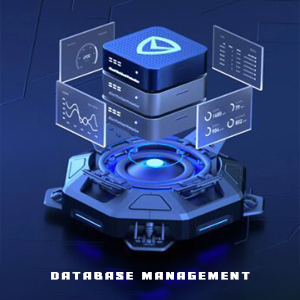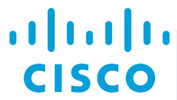Call For Inquiry
Master SAP HR: From Core Concepts to Advanced Functionality
Master SAP HR: From Core Concepts to Advanced Functionality is a detailed course designed to help you become proficient in SAP HR, one of the most widely used HR management systems. Whether you're a beginner or an experienced professional, this course covers everything from basic concepts to advanced techniques, including organizational management, payroll, and time management.
What You'll Learn:
-
Introduction to SAP HR:
- Overview of SAP HR and its modules.
- Key features and benefits of SAP HR.
-
Organizational Management (OM):
- Creating organizational structures, jobs, and positions.
- Maintaining organizational units and relationships.
-
Personnel Administration (PA):
- Managing employee master data.
- Configuring infotypes and personnel actions.
-
Time Management:
- Configuring work schedules and attendance.
- Managing leave and absence quotas.
-
Payroll Management:
- Configuring payroll schemas and rules.
- Running payroll and generating payslips.
-
Advanced Topics:
- Integration with other SAP modules (e.g., SAP FICO, SAP SuccessFactors).
- Reporting and analytics in SAP HR.
- Best practices for SAP HR implementation.
-
Real-World Projects:
- Configure an organizational structure for a business scenario.
- Run payroll and generate reports for a sample company.
Who Is This Course For?
- HR professionals and managers.
- SAP consultants and developers.
- IT professionals working with SAP systems.
- Anyone looking to build a career in SAP HR.
Prerequisites:
- Basic understanding of HR processes.
- Familiarity with SAP systems is helpful but not required.
- Overview of SAP HR and its modules.
- Key features and benefits of SAP HR.
- SAP HR vs traditional HR systems.
- Creating organizational structures, jobs, and positions.
- Maintaining organizational units and relationships.
- Best practices for organizational management.
- Managing employee master data.
- Configuring infotypes and personnel actions.
- Handling employee lifecycle events (e.g., hiring, promotions, exits).
- Configuring work schedules and attendance.
- Managing leave and absence quotas.
- Time evaluation and payroll integration.
- Configuring payroll schemas and rules.
- Running payroll and generating payslips.
- Handling payroll errors and corrections.
- Integration with other SAP modules (e.g., SAP FICO, SAP SuccessFactors).
- Reporting and analytics in SAP HR.
- Best practices for SAP HR implementation.
- Configure an organizational structure for a business scenario.
- Run payroll and generate reports for a sample company.
- Present your project and receive feedback.
- Building a portfolio with SAP HR projects.
- Tips for landing a job as an SAP HR professional.
- Freelancing and consulting opportunities.

Related Courses
Explore Our Top Categories
The Ultimate IT Training: From Basics to Breakthroughs Join Our free WebinarData Analytics
Are you ready to future-proof your IT career and stay ahead in the fast-evolving tech landscape? Join our exclusive webinar, Transform Your IT Career!
20 May, 2025 - 11- AM
Free Webinar
Register Now
Latest Blog Updates



Transform Your Career with Insta InfoTech - Premier IT Training Institute
Join Insta InfoTech for cutting-edge IT training programs designed to boost your skills and career prospects. Offering expert-led Courses in Software Development, Data Science, Cybersecurity, and more.
00+
Trained Students
00+
Years of Experience
00+
Countries Represented
00x7
Support


What We Offer
At Insta Infotech, we specialize in a wide array of courses across domains like:
Send Us Email









































